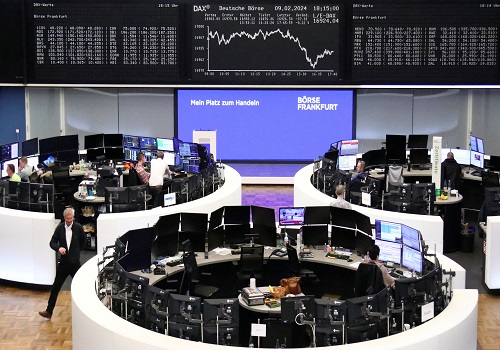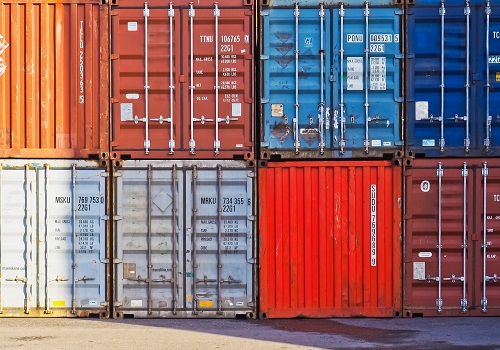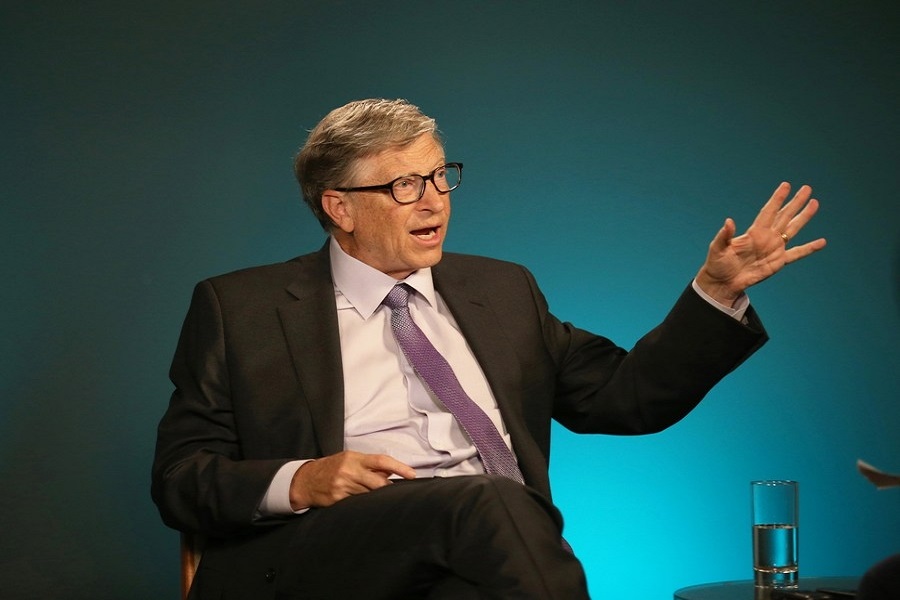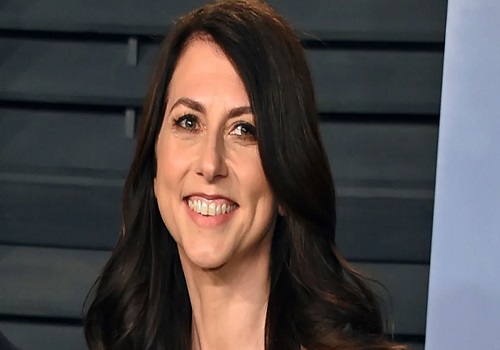Rosneft CEO Igor Sechin dispels some myths about global energy

Igor Sechin, Chief Executive Officer of Rosneft PJSC, spoke at the XVII Verona Eurasian Economic Forum in Ras al-Khaimah, the UAE, with a report focusing on ‘Farewell to illusions. World energy in the Thucydides trap”, and cleverly dispelled myths about green energy, while predicting an increase in the demand for fossil fuels.
During his report on Thursday, Igor Sechin noted that the modern energy system is wholly based on fossil fuels, which currently accounts for more than 80 per cent of all primary energy consumed worldwide. Oil, gas and coal are indispensable in the life of modern man and society: fossil fuels are easily transportable.
For example, the amount of energy that can be moved 1,000 miles for just under one dollar-for pipeline oil, it’s up to 4.4 megawatt-hours; for pipeline gas, it’s up to 1.2 megawatt-hours; while for hydrogen, this figure will be only a fraction of 0.2 megawatt-hours.
“Developing and expanding upon the research of the great Russian scientist Pyotr Leonidovich Kapitsa, McKinsey experts and renowned scientists from leading Western universities confirmed that fossil fuels also have a high-density flow of energy. According to this indicator, diesel is almost 30 times superior to hydrogen, and gas is 270 times more superior to wind and solar energy, respectively,” noted Igor Sechin.
According to him, the peak in demand for fossil fuels has not yet been reached. Increasing the living standards of the populations of developing nations to at least half the level of the “golden billion” will mandate an almost 2-fold increase in oil production in the future.
By 2035, investment bank JPMorgan expects global oil demand to increase by nearly 6 million barrels per day, driven by rising consumption rates in India and other countries.
“Oil accounts for more than 30 per cent of global energy consumption, coal – 25 per cent, gas – 22 per cent and apparently, we are still far from any peak demand levels for fossil fuels,” the head of the corporation added.
In addition, he predicted the advent of a more modernized coal era. Mining company Glencore has generated half of its operating income from its coal producing business over just the past two years.
“Today, we are called upon to rapidly abandon fossil fuels, citing the major impact of man-made factors on the climate.” However, the last ice age, also called the Little Ice Age, ended less than 200 years ago, and the current period in warming is part of the Earth’s natural cycle,” Sechin emphasised.
At the same time, the United States is hard at work lobbying for the energy transition program, which is a powerful sanctions barrier for 88 per cent of the world's population. The US takes full advantage of their status as a world hegemon and rely on creating special conditions for their economy at the expense of other market participants, including their allies.
But even the ancient Greek historian Thucydides, in his work “The History of the Peloponnesian War,” described a classic trap: the hegemon’s fear of the emergence of alternative global centres of power inevitably leads to war with them.
“America has already allowed for the loss of leadership in the scientific, technological, industrial and financial spheres, which was truly difficult to imagine only 20-30 years ago,” Sechin emphasised.
Today, over 70 per cent of the world's capacity to manufacture alternative energy equipment is located in China, not the US.
“The failure of the US protectionist policies is obvious: for more than 6 years since the introduction of trade restrictions in the U.S, industrial production has dramatically decreased, the share of the labour force employed in such industries have also decreased, and their trade deficit has grown significantly,” said Sechin.
At the same time, the unhealthy hype artificially created today around the topic of climate change leads to outright abuses, and the energy transition itself will require a total restructuring of the real, not virtual, economy.
“To achieve these set goals by 2050, it is necessary to increase the capacity of low-carbon electricity generation by 10 times to 35 TW which is more than 4 times the entire installed capacity of the world energy system, Can this be real,” Igor Sechin arguably doubted, and drew attention to the fact that in order to achieve the climate goals of the Paris Agreement by 2050, over 70 trillion dollars of investment are needed.
The head of the corporation also said that green economy companies are objectively not able to achieve their goals on time, so many investors simply do not want to work with them.
In the context of reconsidering our own approach to the “green agenda”, oil giants such as Chevron, BP and Shell are halting projects to produce alternative fuels, Denmark's largest energy company Orsted even cancelled the construction of a methanol plant due to low demand.
























